
This new analysis shows early diagnosis of some lysosomal storage disorders can help avoid irreversible damage across the board.

This new analysis shows early diagnosis of some lysosomal storage disorders can help avoid irreversible damage across the board.

A recent review examined the significant physical, social, emotional, and financial impacts of acid sphingomyelinase deficiency (ASMD) on patients and caregivers from an overall lifestyle standpoint
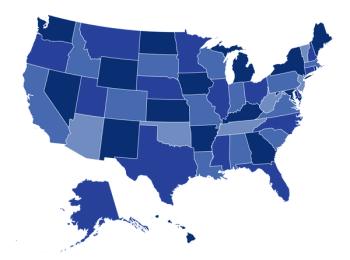
Niemann-Pick Disease Type C (NPC), an ultra-rare, progressive neurodegenerative disease, is heterogeneous and is often misdiagnosed or undiagnosed.
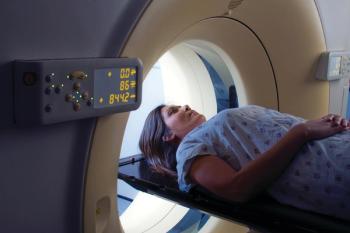
Imaging studies and subsequent biopsies of a liver lesion showed a foamy macrophages aggregate in a 30-year-old patient with acid sphingomyelinase deficiency (ASMD) similar to those found in Gaucher disease.
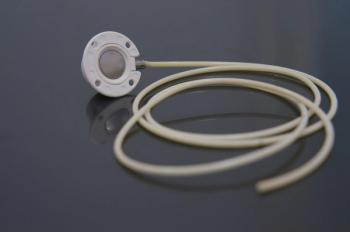
Intrathecal drug administration via lumbar puncture and a spinal access port device led to serious complications in a patient receiving experimental therapy for Niemann-Pick type C.
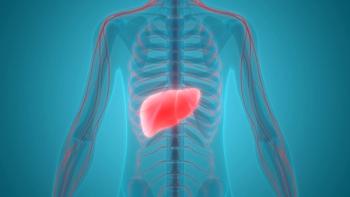
Niemann-Pick type C has historically been considered a contraindication to liver transplantation due to neurological delays, but a recent case report suggests this thinking may be outdated.
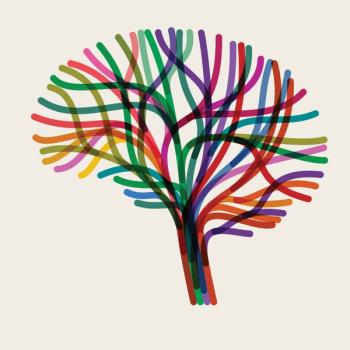
A recent review sought to analyze studies to identify a neuropsychological assessment to evaluate cognitive domains and neuropsychological changes.

A case study of a patient with Niemann-Pick disease who developed hepatocellular carcinoma highlights the importance of screening in this population.
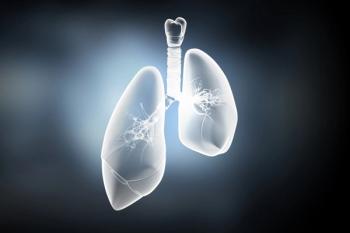
The case suggests lung transplantation can be a feasible option for patients with lung involvement.

Acid sphingomyelinase deficiency (ASMD) is a rare lysosomal storage disorder; a new report said that plasma lyso-sphingomyelin levels can be used to not only diagnose the rare disease but also predict severity and type.
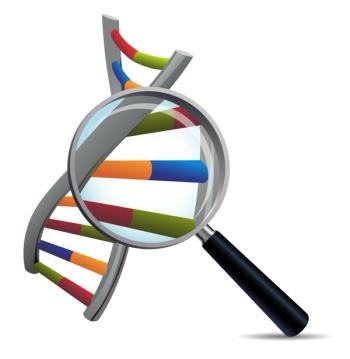
These national and regional barriers, which range from cost of screening to patient education, have hindered the widespread use of screening, say the researchers.
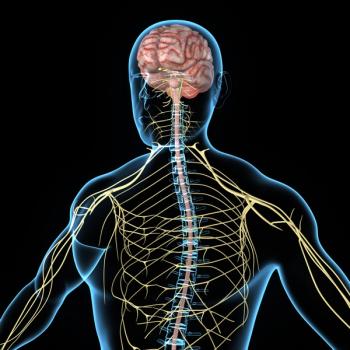
Nanotherapies have the potential to overcome the blood-brain barrier and the blood-cerebrospinal fluid barrier, representing a possible treatment opportunity for rare diseases.

A comparison of neurocognitive profiles of patients with confirmed Niemann-Pick disease type C (NP-C) and early Alzheimer disease found that general dementia screening assessments should not be used alone to evaluate cognitive performance in patients with suspected NP-C since these patients may demonstrate milder cognitive deficits than patients with early Alzheimer disease.

259 Prospect Plains Rd, Bldg H
Cranbury, NJ 08512
© 2025 MJH Life Sciences®
All rights reserved.
